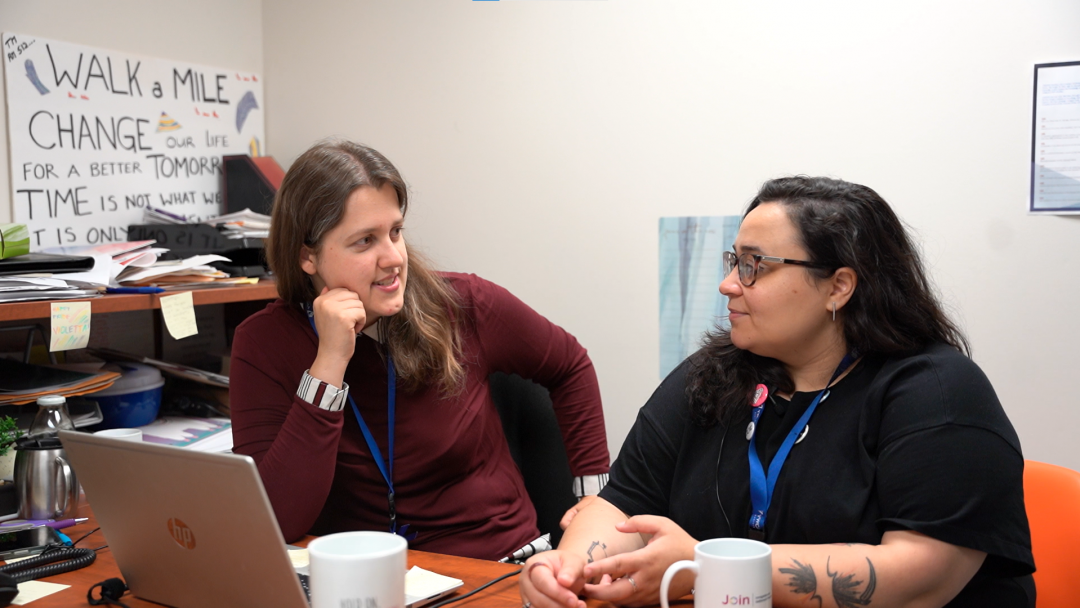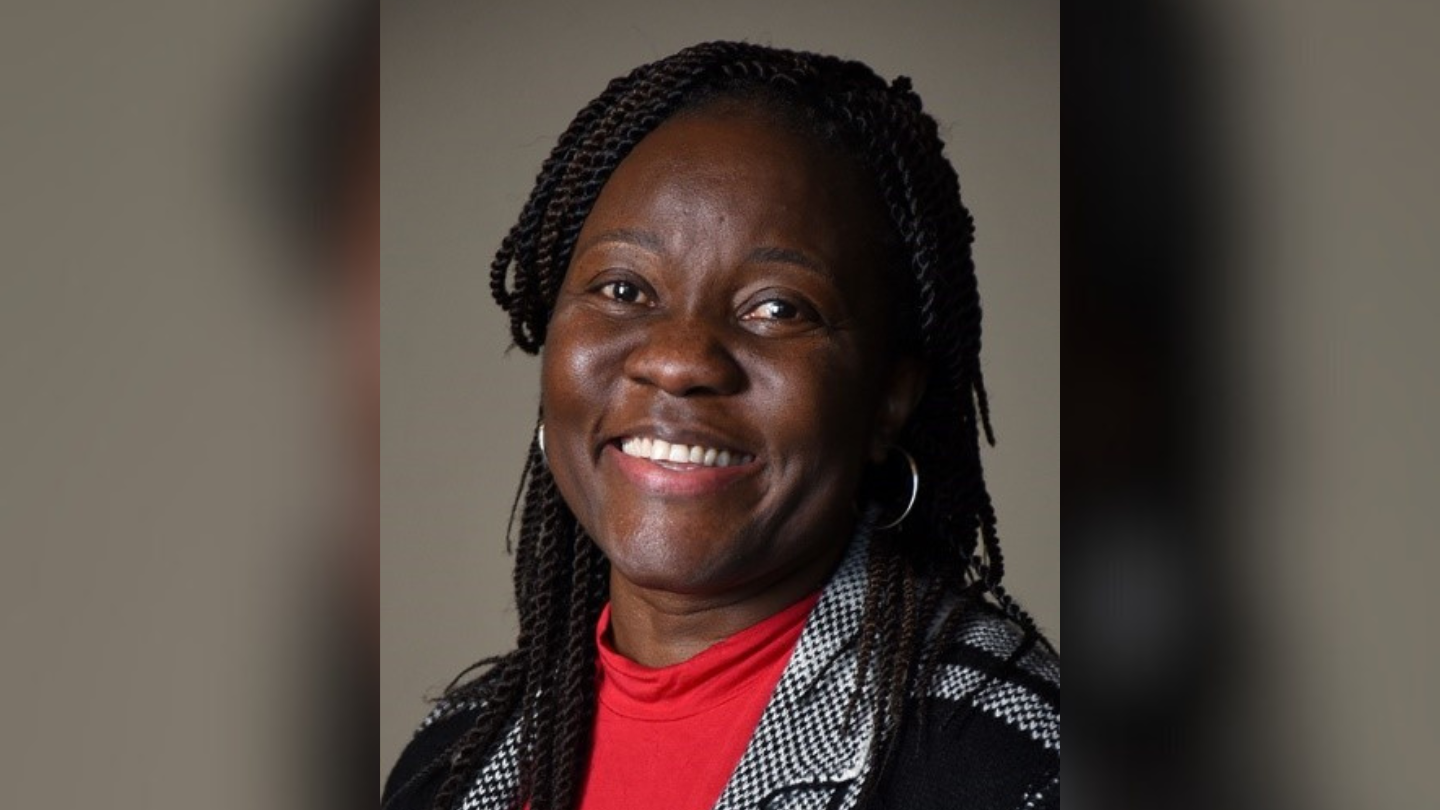715 hours of expert facilitation and counting

The latest Community Research Platform (CRP) impact report indicates that McMaster’s CRP staff provided over 700 hours of facilitation for community engaged research partnerships and projects.
McMaster’s CRP is a partnership between the Faculty of Social Sciences and five community organizations designed to foster community-engaged research that advances community wellbeing. The Platform is currently helping to facilitate 22 community-engaged research projects with more awaiting funding.
The CRP connects faculty members and students from across McMaster with representatives from CRP partner organizations to bring projects to fruition. In 2022-23, faculty members from the departments of Anthropology, Sociology, Health, Aging & Society, Political Science, Civil Engineering, and Linguistics, as well as the School of Social Work and the School of the Arts, in collaboration with community partners, enabled 21 students to conduct over 6,400 paid hours of community engaged research. Among those 21 students were three post-doctoral fellows, 13 graduate students, and 5 undergraduate students.
“As someone who is driven and passionate about socially conscious work, work that is impactful to communities on the ground, I have really benefited from my CRP internship with the Canadian Mental Health Association (CMHA),” said Loa Gordon, PhD candidate in the Department of Anthropology and student intern with CMHA. “As I go forward in my career, I have a deeper understanding of the principles of community engaged scholarship, specifically how to build vital trust and equity in research practice partnerships, which is so valuable for me professionally and personally.”
True to the guiding principles of the CRP, the research projects are equally beneficial for the community partners as they are for the students and faculty working on them.
“The CRP has benefited our organization tremendously,” said Violetta Nikolskaya, senior program analyst at the YWCA Hamilton. “In addition to our partnerships with faculty members, I think it’s really important to recognize that students, whether they are placement students, internship students, or students who are completing a particular requirement as part of the academic learning, are truly one of the vertebrae of the backbone of nonprofit organizations. And that’s why it’s so important for me to recognize that it’s been tremendously important to know that we are part of their learning. But we’ve also learned so very much from our students.”
The projects supported by the CRP are funded by grants. In 2022-23, CRP projects received $455,047 in funding.
“These projects have direct application for the communities they are based in,” said Sas van der Linden. “They get to the heart of ethical and impactful community-engaged research, going beyond knowledge translation to the co-development of projects that respond to community needs and provide data to support evidence-based decision making and policy development.”
Departmental NewsRelated News
News Listing

Welcome Lydia Kapiriri, Director of Equity, Diversity, Inclusion and Indigenous Strategies for Social Sciences
Departmental News
1 day ago

3 days ago

Master of Public Policy Graduate John Halligan Advocates for Consumer Protection in the Ontario Legislature
Departmental News
December 6, 2024
